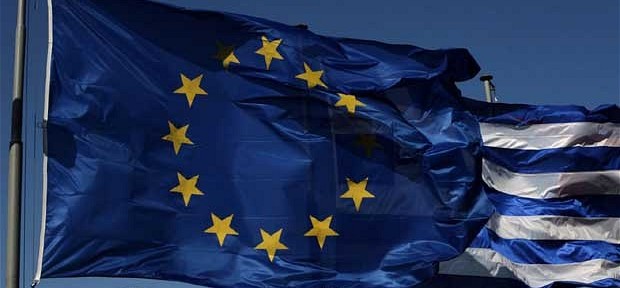The eurozone group said reforms were Greece’s “best guarantee” to overcome tough economic and social challenges reports The BBC.
The US stressed that it was in everyone’s interests “for Greece to remain in the euro area”.
The Syriza party, which rejected the bailout terms and came a close second, said it would lead the opposition.
Greek voters had gone to the polls on Sunday following inconclusive elections in May.
New Democracy leader Antonis Samaras said Greeks had chosen to stay in the euro and called for a “national salvation government”.
Syriza’s leader Alexis Tsipras said his party would not take part in the government, and would instead become a powerful anti-austerity voice in the opposition.
The BBC’s Mark Lowen, in Athens, says Mr Samaras is expected to try for a broad coalition, hoping to create a stable government with a stronger popular mandate.
He says Mr Samaras will push for a lightening of the bailout terms from Brussels, arguing that Greeks have accepted more pain by electing a pro-bailout party and that Europe should now cut Greece some slack.
Tough austerity measures were attached to the two international bailouts awarded to Greece, an initial package worth 110bn euros (£89bn; $138bn) in 2010, then a follow-up last year worth 130bn euros.
Sunday’s vote was watched around the world, amid fears that a Greek exit from the euro could spread contagion to other eurozone members and deepen the turmoil in the global economy.
Stock markets responded positively to Sunday’s results, with share prices up in Asian trading.


